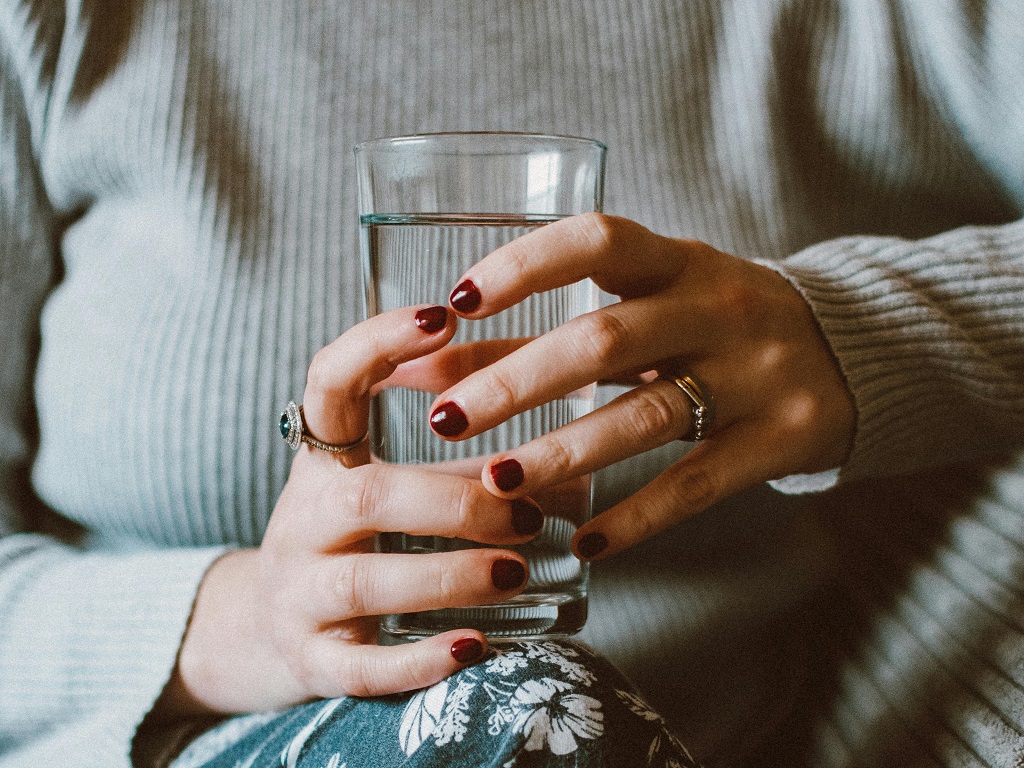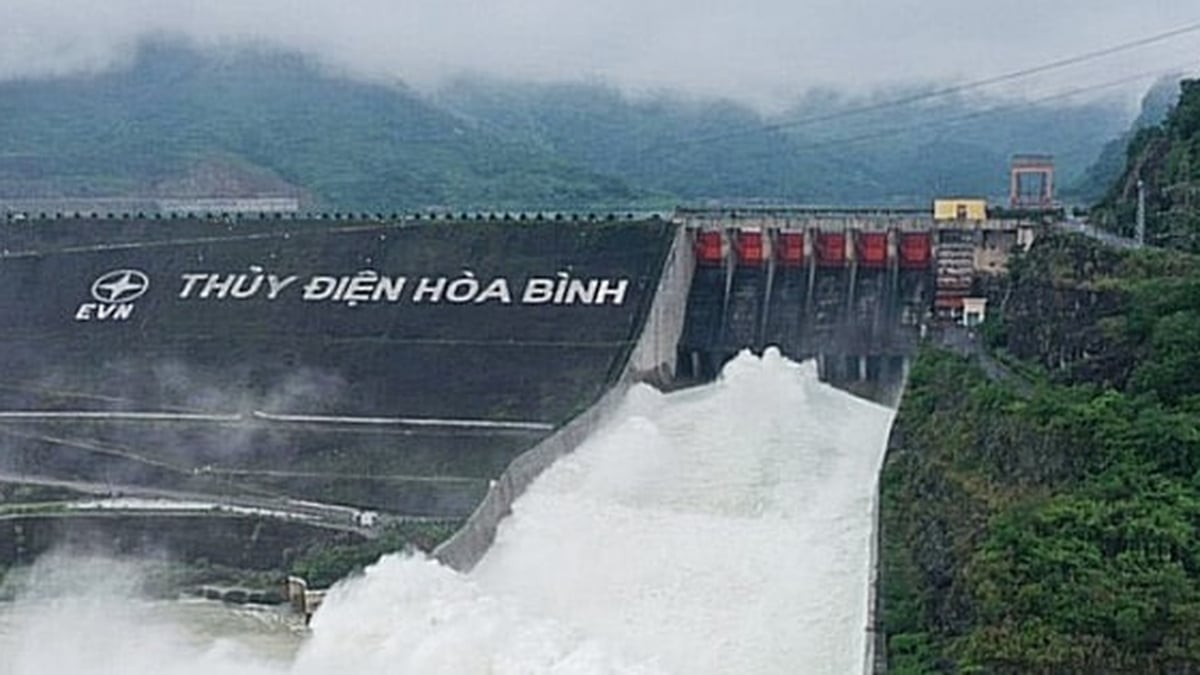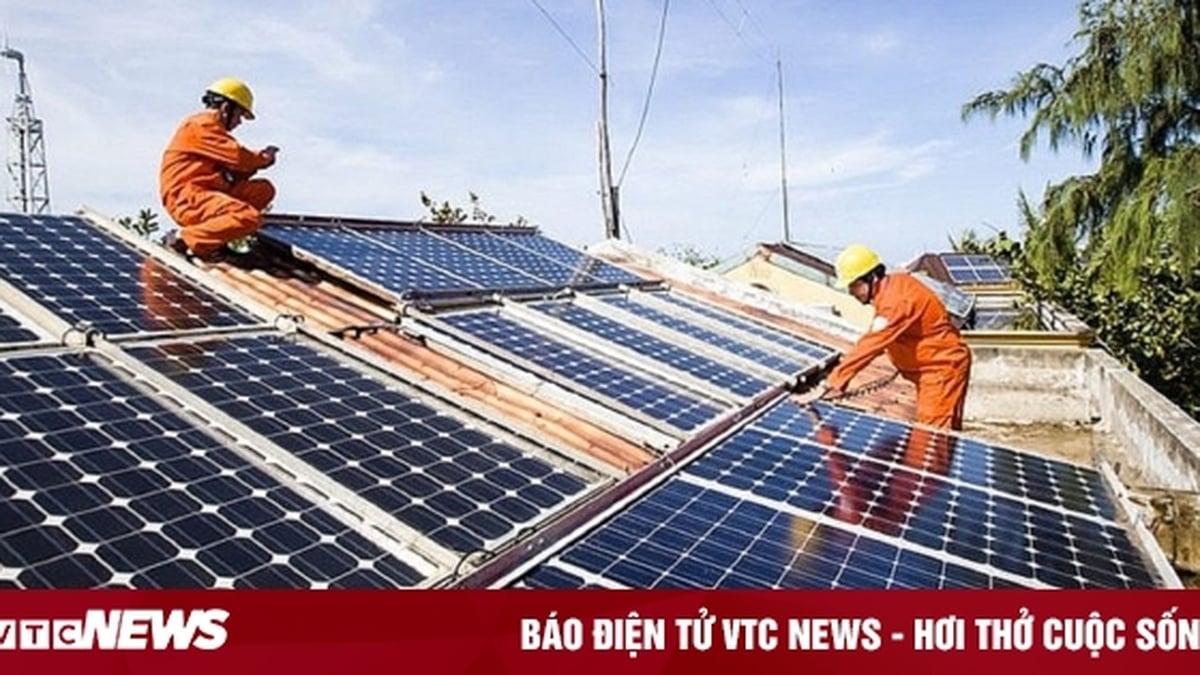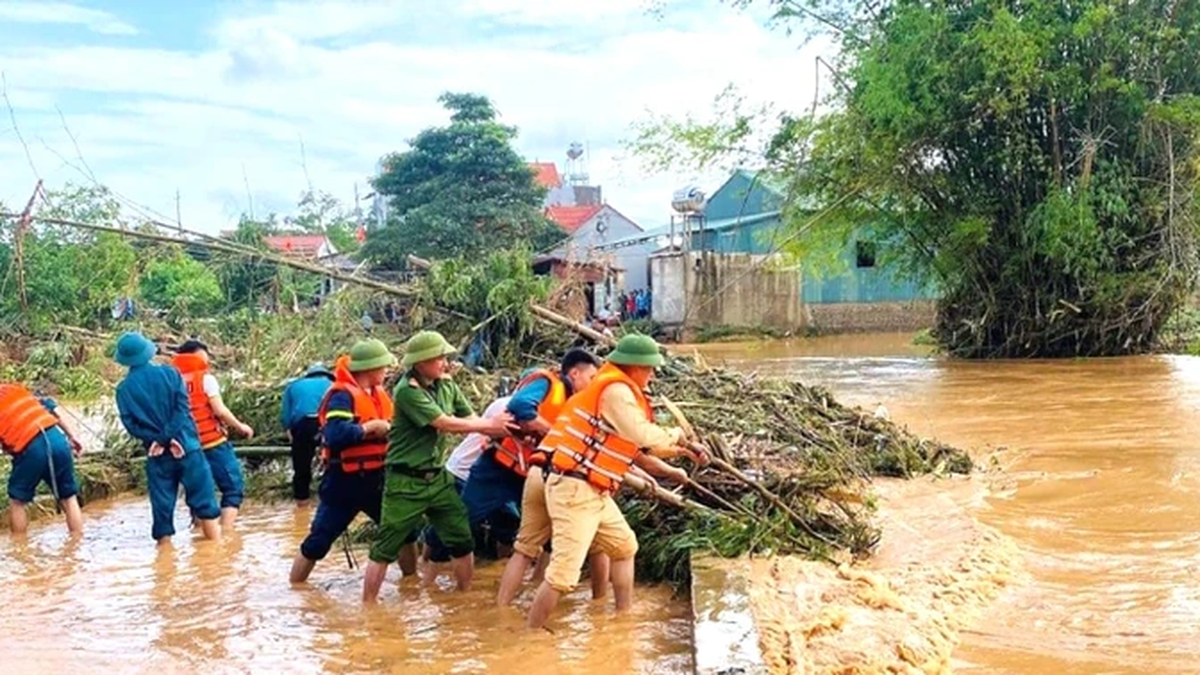When the weather gets cold, people feel less thirsty. This causes many people to drink less water. However, this habit can increase the risk of kidney stones.
In fact, winter sees an increase in hospitalizations for kidney stones. This is because the lower temperatures make people less likely to drink water. As a result, urine becomes more concentrated, making it easier for minerals in the urine to accumulate into kidney stones, according to the UK health website Medical News Today .

People tend to drink less water in winter and this is a factor that contributes to increased risk of kidney stones.
In addition, low temperatures also make people tend to exercise and move less. This condition causes poor blood circulation and increases the risk of minerals in the urine precipitating into stones. Cold, dry winter air also makes the body more susceptible to dehydration and contributes to more concentrated urine.
A study by the US National Library of Medicine found that urinary calcium levels tend to be higher in the winter. This is true for both men and women. Experts explain that in the winter, the amount of sunlight reaching the ground decreases. Skin is less exposed to sunlight, so vitamin D levels in the blood decrease.
Vitamin D helps calcium from the intestines to be absorbed into the blood. Because of a lack of vitamin D, the body will mobilize calcium reserves from the bones. This results in increased calcium levels in the blood.
Prevent kidney stones in cold weather
To prevent kidney stones in winter, experts recommend that people drink at least 2 liters of water per day. People with a history of kidney stones should drink at least 3 liters per day. This simple adjustment can significantly reduce the risk of kidney stones by diluting the urine, making it easier for minerals that can form kidney stones to be excreted.
In addition to limiting salt intake and drinking plenty of water, people with stable kidney health are also encouraged to eat foods rich in calcium. Because calcium will bind to oxalate in the intestine and be excreted, thereby reducing the risk of forming the most common type of kidney stone, calcium oxalate stones.
In addition, people also need to ensure enough vitamin D for the body in winter. The best way is to spend time in the sun, eat foods rich in vitamin D such as salmon, mackerel, sardines, mushrooms or take supplements, according to Medical News Today .
Source: https://thanhnien.vn/troi-tro-lanh-thoi-quen-can-tranh-vi-co-the-gay-hai-than-185241206181628962.htm


































































































Comment (0)